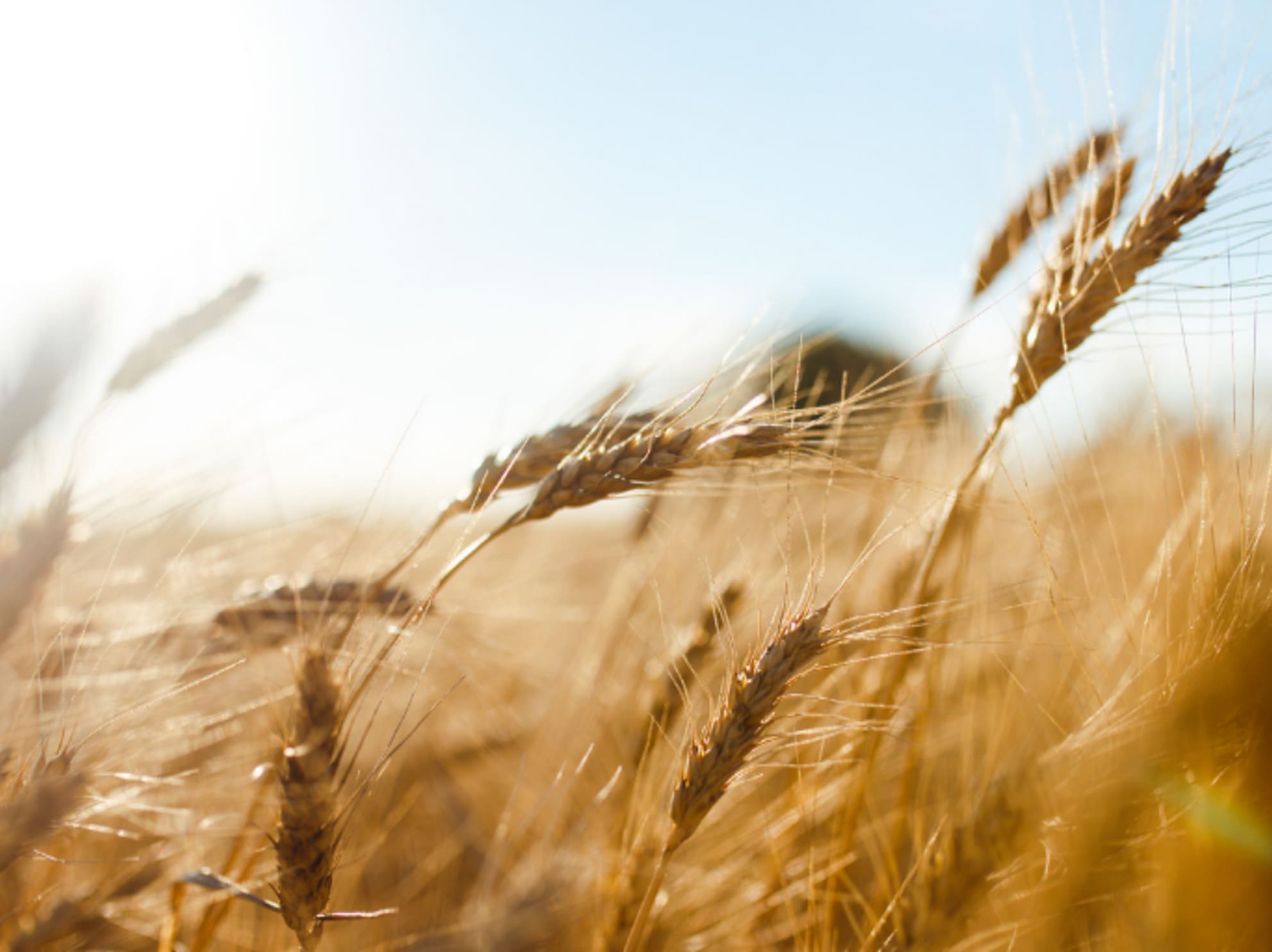Empowering farmers to self-assess agricultural practices
Introducing version 2.0 of the General Mills Regenerative Agriculture Self-Assessment, a user-friendly tool for farmers to self-assess their agriculture practices.
Introducing version 2.0 of the General Mills Regenerative Agriculture Self-Assessment, a user-friendly tool for farmers to self-assess their agriculture practices.

Up to 1/3 of global greenhouse gas emissions stems from the food system, an estimated 80% of which comes from agriculture.[1]
A similar story plays out across our General Mills value chain: 50% of our greenhouse gas footprint comes from agriculture. As a food company, our biggest opportunity for positive impact lies at the farm level of our supply chain.
Our commitment to advance regenerative agriculture on 1 million acres by 2030 builds on decades of work by employees past and present to prioritize the people and places growing our ingredients.
From Gene Kahn’s commitment to using creative biological methods instead of chemical inputs to control pests on the Cascadian Farm Home Farm in the 1970s, to our partnership with The Nature Conservancy to develop a Soil Health Roadmap in 2016, our work to advance positive outcomes in soil health, biodiversity, and farmer economic resilience has been brewing for years.
Our approach to regenerative agriculture seeks to connect best practices to measurable outcomes. While we continue to build out robust scientific methodologies for measuring and researching the outcomes associated with regenerative agriculture (read more here), we recognize the importance of assessing agricultural practices as a proxy for farm-level impact.
This summer, we launched Version 2.0 of the General Mills Regenerative Agriculture Self-Assessment. The assessment is a user-friendly tool for farmers to understand alignment between their agricultural practices and the principles of regenerative agriculture.